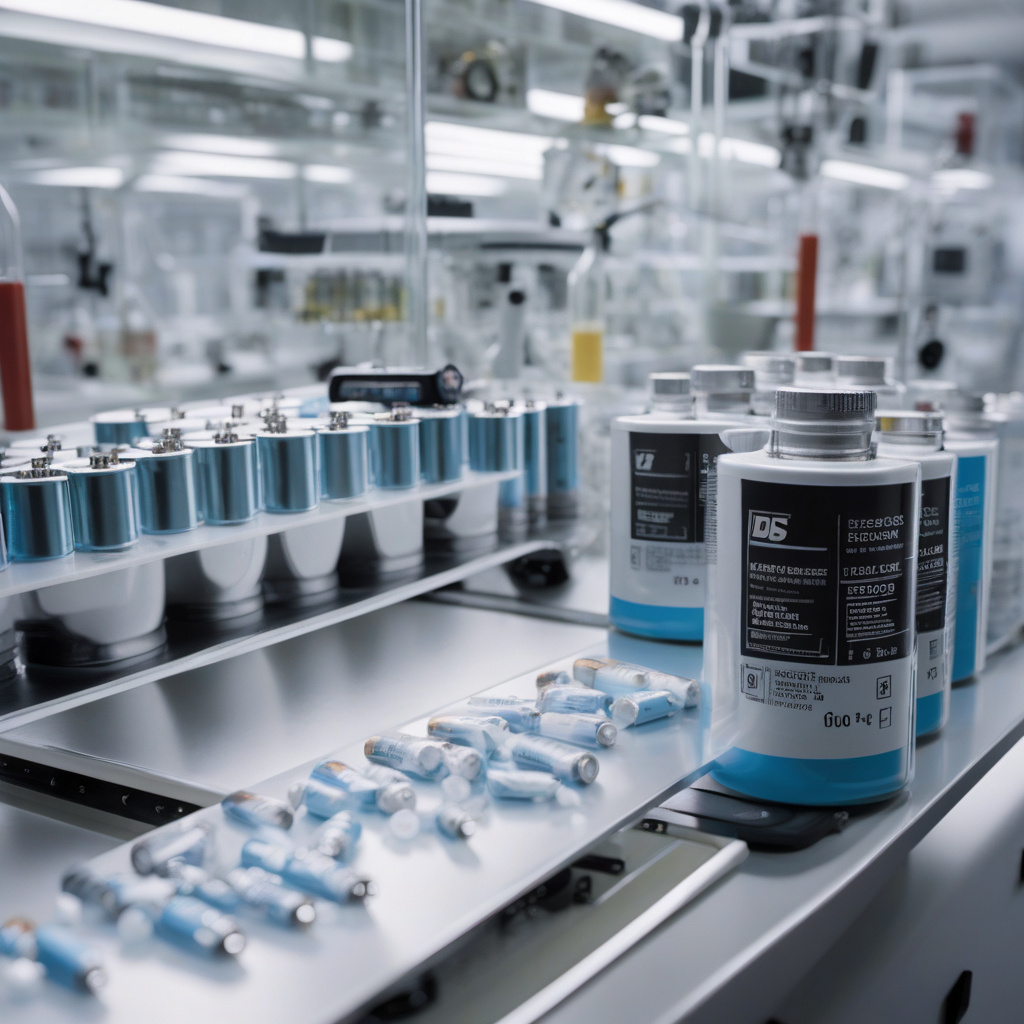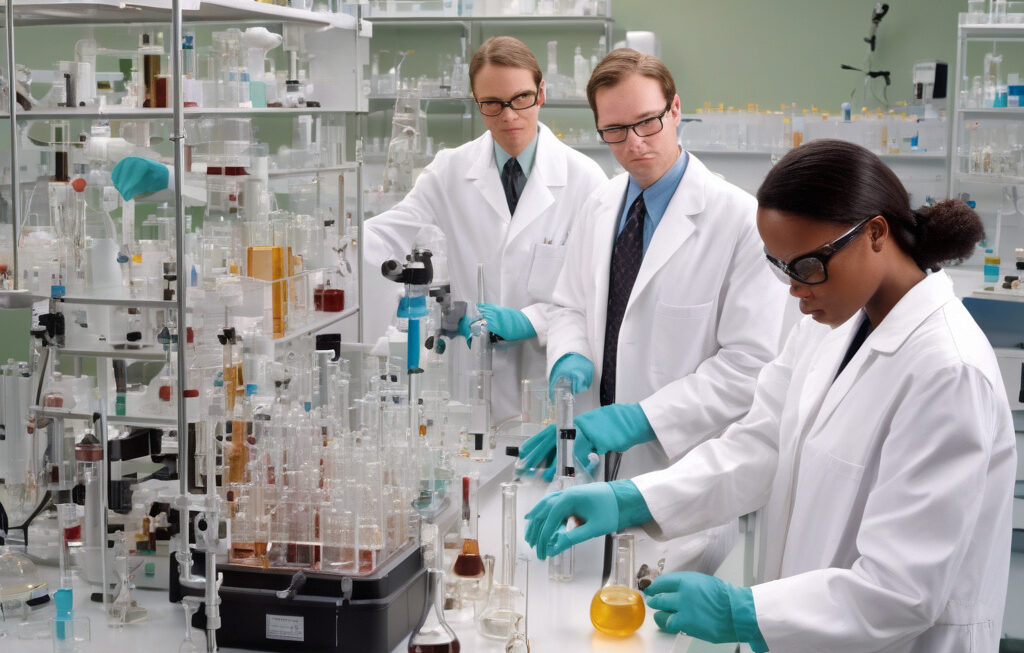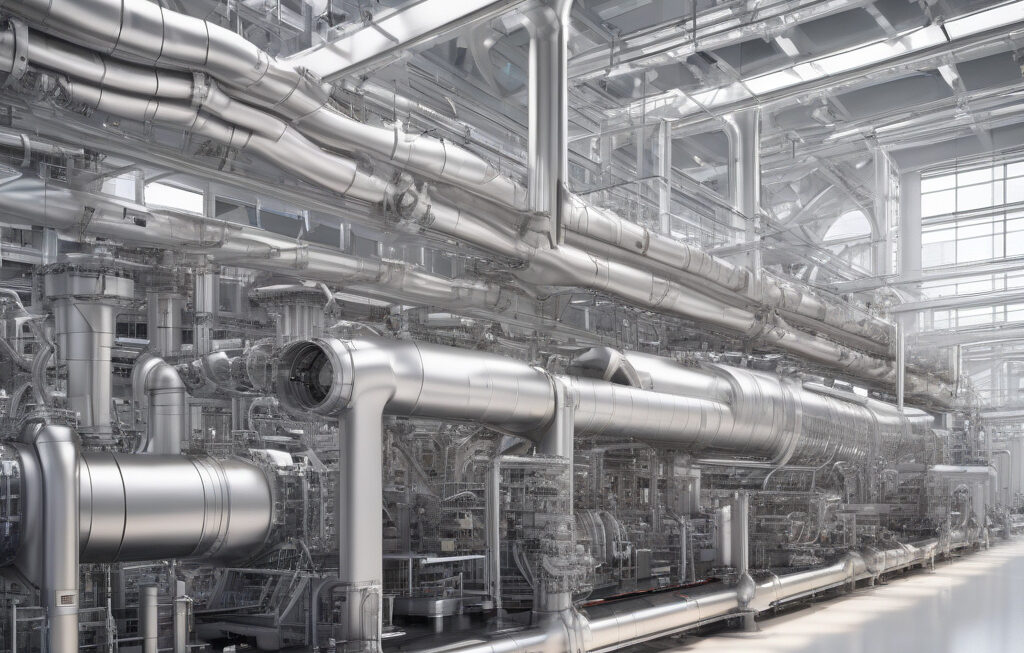Lithium Batteries Revolutionized: How Boron Additives in Electrolytes Boost Efficiency and Lifespan
In a groundbreaking development, scientists from China have confirmed that electrolytes with boron additives can tackle the major challenges facing lithium batteries. These challenges include limited efficiency and a relatively short lifespan. With this innovative solution, the performance of lithium batteries is set to reach new heights, offering significant benefits across various industries.
Lithium batteries have become an essential power source for a wide range of applications, from consumer electronics to electric vehicles. However, issues such as capacity degradation and limited cycle life have hindered their widespread adoption. The incorporation of boron additives in electrolytes presents a promising opportunity to address these concerns effectively.
One of the key advantages of boron additives is their ability to enhance the stability and conductivity of electrolytes. This improvement plays a crucial role in reducing the formation of harmful deposits, such as lithium dendrites, which can lead to performance degradation and safety hazards. By mitigating these issues, boron additives contribute to extending the overall lifespan of lithium batteries.
Moreover, the use of boron additives results in increased energy efficiency and power output. This enhancement is particularly significant for electric vehicles, where the performance and longevity of the battery pack directly impact the vehicle’s range and charging capabilities. With boron-enhanced electrolytes, lithium batteries can deliver sustained power delivery, enabling longer driving distances and faster charging times.
The application of boron additives in electrolytes represents a remarkable advancement in battery technology, with far-reaching implications for various industries. For manufacturers of consumer electronics, this innovation translates to devices with longer-lasting battery life and improved performance. In the automotive sector, electric vehicle manufacturers can leverage this technology to enhance the competitiveness of their products in terms of range, efficiency, and sustainability.
Furthermore, the integration of boron additives underscores the ongoing efforts to enhance the sustainability of energy storage solutions. By prolonging the lifespan of lithium batteries, fewer resources are consumed in manufacturing new batteries, leading to reduced environmental impact. This aligns with the global push towards sustainable practices and the transition to clean energy technologies.
As the demand for efficient and long-lasting energy storage solutions continues to grow, the role of boron additives in lithium batteries is poised to become increasingly significant. The collaboration between scientists, researchers, and industry experts in exploring and refining this technology highlights the potential for continuous innovation in the field of energy storage.
In conclusion, the integration of boron additives in electrolytes represents a transformative step towards unlocking the full potential of lithium batteries. By addressing key challenges such as efficiency and lifespan, this innovation paves the way for a new era of high-performance energy storage solutions. As the technology continues to evolve, we can expect to see further improvements that will shape the future of battery technology across industries.
efficiency, lifespan, boron additives, lithium batteries, energy storage












